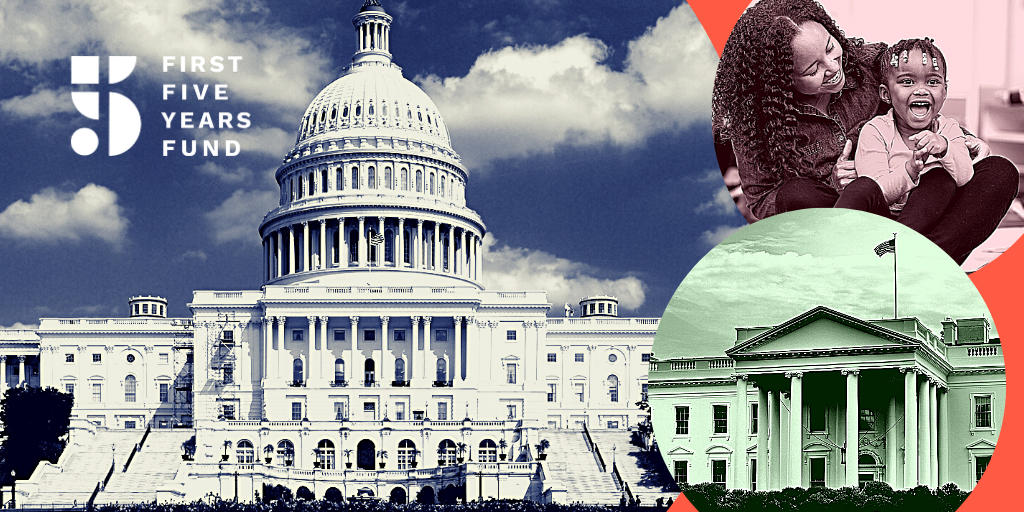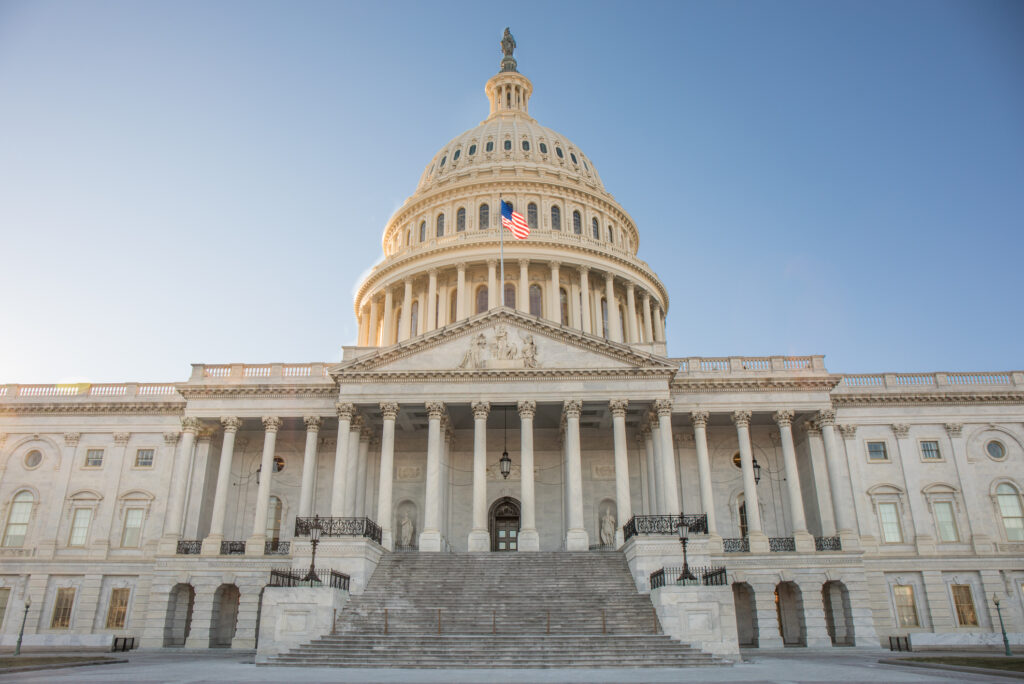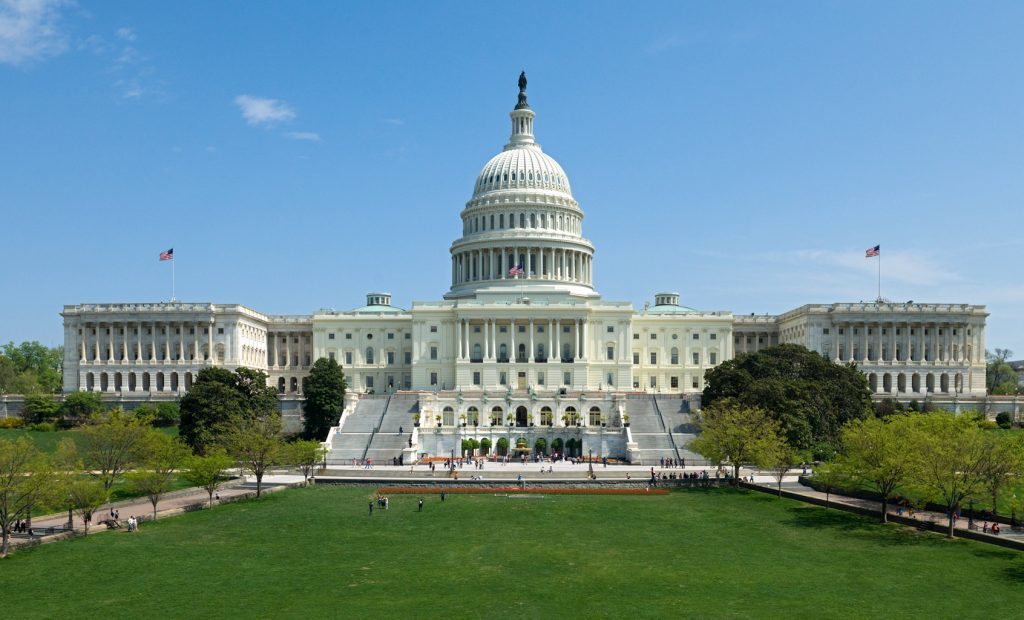House Ways & Means Committee Holds Markup Hearing to Advance Critical Child Care Provisions in the Build Back Better Act

This week the House Ways & Means Committee passed its portion of the Build Back Better Act which includes significant investments in child care and early learning aimed to improve child care affordability, address challenges to finding child care, invest in improvements to child care facility infrastructure, and raise wages for child care workers. During the committee markup, Democrats and Republicans highlighted the importance of ensuring that all families are able to access quality, affordable child care so that parents can participate in the workforce.
Specifically, the Build Back Better Act provisions within the Ways & Means Committee jurisdiction included:
- Making permanent ARP’s expansion of the Child and Dependent Care Tax Credit (CDCTC);
- An extension of the American Rescue Plan’s (ARP) expansion of the Child Tax Credit (CTC);
- $200 million to states to establish Child Care Information Networks (CCIN);
- $15 billion in infrastructure grants to improve child care facilities;
- $10 million in funding to the Department of Health and Human Services (HHS) for guidance and planning in the establishment of Child Care Wage Grants for Small Businesses to supplement child care worker wages; and
- $50 million to establish a Participating Child Care Provider Certification program.
Despite the final vote for the bill falling along party lines, there was a broad range of agreement from Members on both sides of the aisle about the important role child care plays in jumpstarting our economy and the need to ensure access to quality, affordable child care for all families. In his opening remarks, Chairman Richard Neal (D-MA) noted that “well before the COVID-19 pandemic, child care access was an insurmountable barrier to work and financial stability for many families across the United States… inaccessibility has significant effects on America’s economy and workforce, particularly for women.” Congresswoman Jackie Walorski (R-IN) also emphasized the importance of child care access in her opening statement: “Working parents need to be able to rely on child care to keep their children safe and healthy throughout the day. Even before COVID, we knew that many Americans lacked access to affordable, high quality child care. The pandemic has only exacerbated these concerns with the child care industry hit hard by this crisis.”
Over the course of the debate, several committee members lifted up the importance of addressing various components of the early care and learning system. Congressman Danny Davis (D-IL) emphasized that “we need to make long-term investments in our nation’s child care physical infrastructure, increase parental access to real-time information about available child care, and raise the wages of the underpaid child care workforce.” In discussing the challenges of the rising cost of care, Congresswoman Carol Miller (R-WV) noted that “the needs of a baby, a one-year-old, and a two-year-old are entirely different than a three-year-old, four-year-old, or a child with special needs. There is no one-size-fits-all in early childhood education.”
The committee advanced the committee print by a vote of 24-19. The committee print has now been reported to the House Budget Committee, who will work to combine the bills from all committees of jurisdiction to create a single bill to be voted on in the House. You can read more about the budget reconciliation process here.
Subscribe to FFYF First Look
Every morning, FFYF reports on the latest child care & early learning news from across the country. Subscribe and take 5 minutes to know what's happening in early childhood education.



